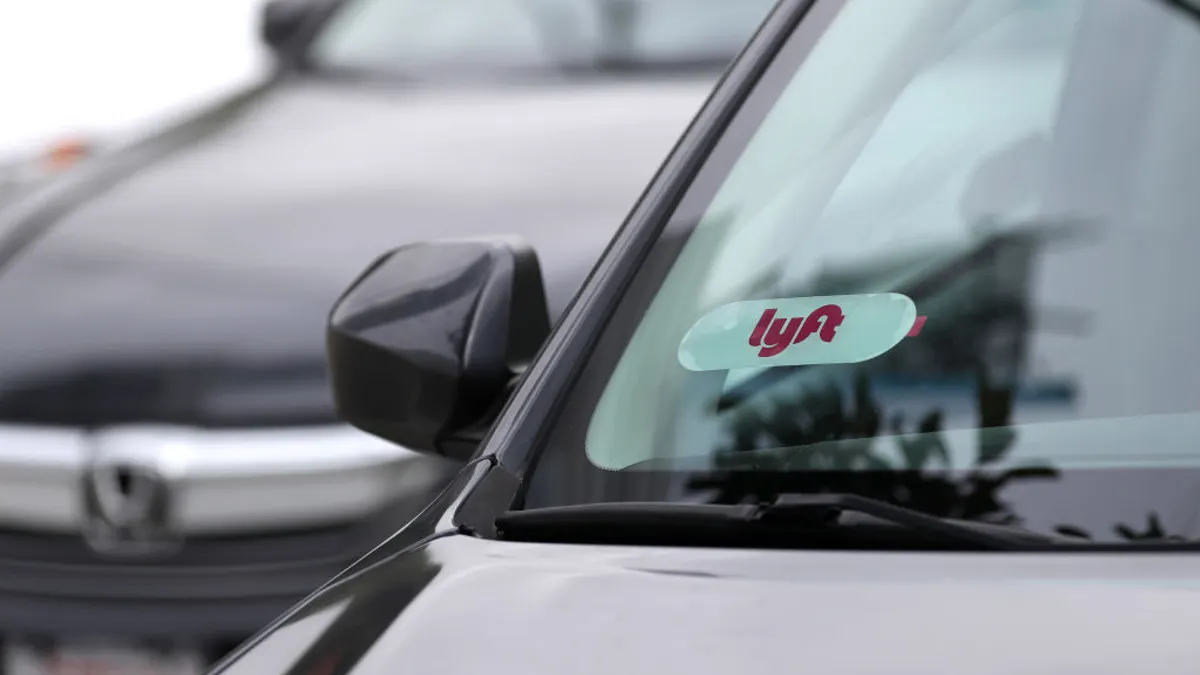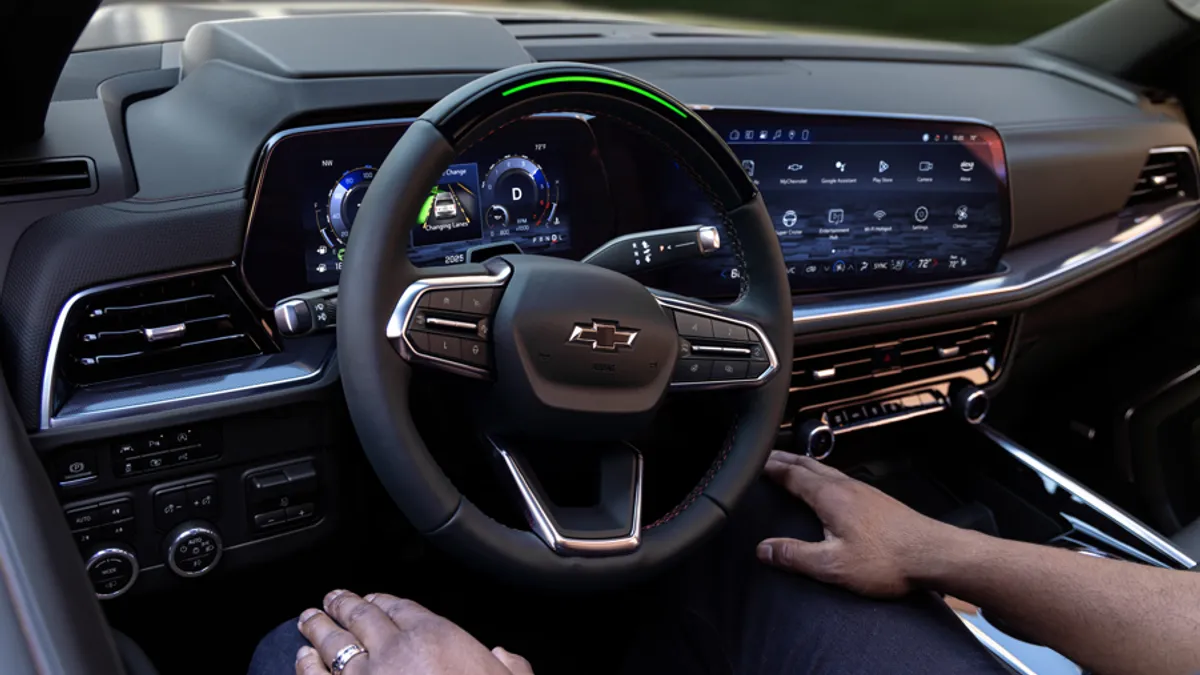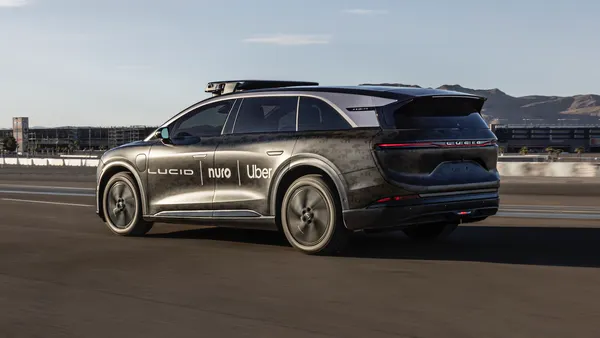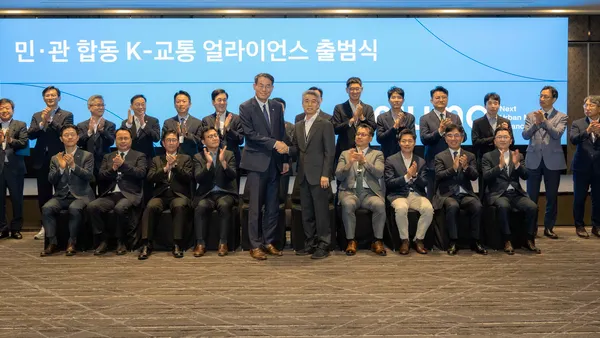Rideshare provider Lyft is wading deeper into the autonomous vehicle space, with Lyft and AV startup Waymo partnering to launch Waymo’s robotaxi service in Nashville, Tennessee, in 2026, the companies announced Sept. 17.
Lyft’s fleet management service subsidiary, Flexdrive, will manage the Waymo AV fleet, including handling maintenance, roadside assistance and depot operations. Riders in Nashville will initially book trips through the Waymo app, with service integration with the Lyft app to follow, the companies said.
“This partnership brings together best-in-class autonomous vehicles with best-in-class customer experience,” Lyft CEO David Risher said in a statement. “Waymo has proven that its autonomous technology works at scale,” he added.
Waymo currently operates its robotaxi service in Los Angeles, Phoenix and San Francisco. The company is also partnering with Lyft rival Uber to offer robotaxi service in Austin and Atlanta.
“We’re delighted to partner with Lyft and launch in Nashville next year, as we continue to scale our Waymo ride-hailing service to more people in more places,” said Waymo co-CEO Tekedra Mawakana.
Nashville is the second southeastern city where Lyft will offer robotaxi service; the rideshare provider launched an Atlanta pilot with AV company May Mobility earlier this month. The company is also partnering with AV company Mobileye to roll out a robotaxi service in Dallas as soon as 2026.
Risher discussed Lyft’s AV strategy in the company’s Q2 earnings call on Aug. 6. “[D]rivers want to be paid more, riders want to pay less,” the CEO said, adding that AVs — without drivers to earn wages — may serve to “unlock” these two cost problems.
Still, Jeremy Bird, Lyft’s EVP of driver experience, wrote in a March blog post on the Lyft website that adding any cars to the Lyft platform — regardless if they’re driven by humans or not — improves vehicle arrival times and customer satisfaction.
“That gets people to take more rides, creating more opportunities for drivers,” he said in the post. He described the process as a “virtuous circle” that could, in time, even lead to city dwellers eschewing their cars entirely.










